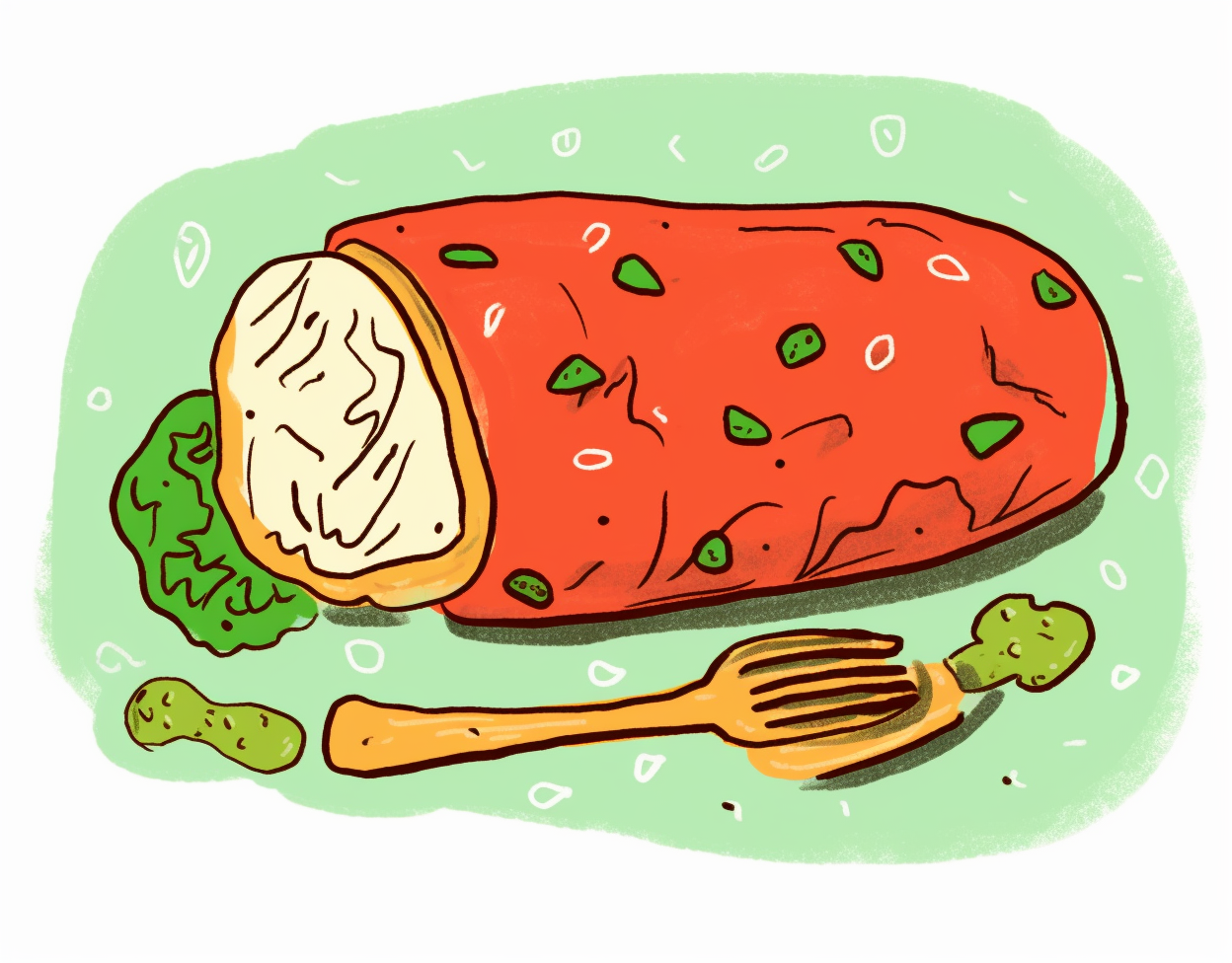Use reusable food wrap

Plastic waste is a global environmental issue that affects both land and marine ecosystems. According to the United Nations Environment Programme, plastic waste accounts for 60-80% of marine debris worldwide. Single-use plastics, including food packaging, are a major contributor to this problem. Reusable food wraps are a simple but effective solution to reducing plastic waste.
Here are some reasons why you should consider using a reusable food wrap:
- Environmental Benefits: Single-use plastic wraps and bags contribute to the plastic waste crisis. According to the Environmental Protection Agency (EPA), food packaging accounts for almost 45% of all plastic usage in the US. In the UK, it's estimated that households produce 1.5 million tonnes of plastic waste each year, with much of it coming from food packaging. By using a reusable food wrap, you can significantly reduce your carbon footprint and help protect the environment.
- Cost-Effective: Reusable food wraps are a cost-effective option as they can be used multiple times, unlike single-use plastic wraps that need to be disposed of after a single use. Over time, using reusable food wraps can save you money as you won't have to constantly buy disposable wraps.
- Healthier Alternative: Some plastic food wraps contain harmful chemicals that can leach into your food and negatively impact your health. Reusable food wraps, on the other hand, are usually made of natural materials such as beeswax, cotton, and jojoba oil, making them a safer and healthier alternative.
- Versatile: Reusable food wraps come in different sizes and shapes, making them a versatile option for wrapping a variety of foods, including fruits, vegetables, sandwiches, cheese, and more.
- Easy to Use and Clean: Using a reusable food wrap is simple and easy, as they are designed to stick to themselves, creating an airtight seal. They can also be easily washed and reused.
Beeswax wraps are a popular type of reusable food wrap that are made from cotton fabric coated with a blend of beeswax, jojoba oil, and tree resin. According to a study by the University of Vermont, beeswax wraps can be used for up to a year, making them a sustainable and cost-effective option for food storage. Another example of a reusable food wrap is silicone wraps, which are made from food-grade silicone and can be washed and reused multiple times. According to a study by the Environmental Working Group, silicone wraps are a safer alternative to plastic wraps as they do not contain harmful chemicals such as phthalates and BPA.
References:
- Ellen MacArthur Foundation. (2022). Plastics in the ocean. https://www.ellenmacarthurfoundation.org/our-work/activities/plastics-in-the-ocean
- Environmental Working Group. (2018). Your Guide to Non-Toxic Food Wraps. https://www.ewg.org/foodwraps/
- Reusaboo. (2022). Why switch to reusable food wraps? https://www.reusaboo.co.uk/why-switch-to-reusable-food-wraps/
- United Nations Environment Programme. (2022). Plastic Pollution. https://www.unenvironment.org/explore-topics/disasters-conflicts-and-climate-change/disasters-and-conflicts/plastic-pollution
- United Nations Environment Programme. (2018). Single-use plastics: A roadmap for sustainability